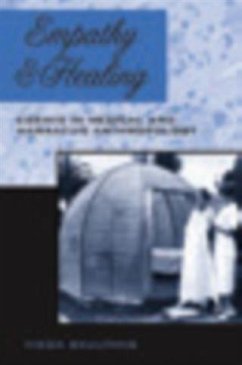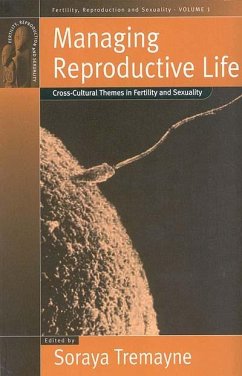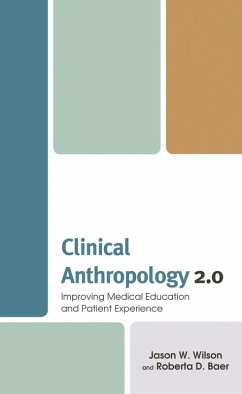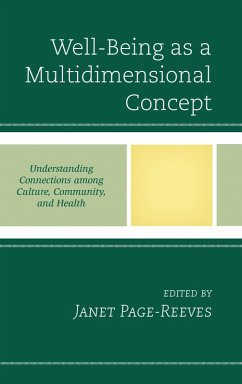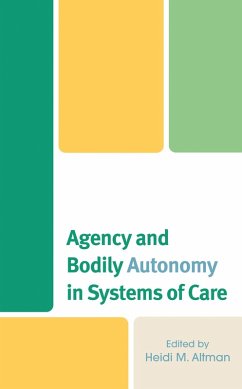
Out of Place (eBook, PDF)
Madness in the Highlands of Papua New Guinea

PAYBACK Punkte
12 °P sammeln!
The Kakoli of the Western Highlands of Papua New Guinea (PNG), the focus of this study, did not traditionally have a concept of mental illness. They classified madness according to social behaviour, not mental pathology. Moreover, their conception of the person did not recognise the same physical and mental categories that inform Western medical science, and psychiatry in particular was not officially introduced to PNG until the late 1950s. Its practitioners claimed that it could adequately accommodate the cultural variation among Melanesian societies. This book compares the intent and practi...
The Kakoli of the Western Highlands of Papua New Guinea (PNG), the focus of this study, did not traditionally have a concept of mental illness. They classified madness according to social behaviour, not mental pathology. Moreover, their conception of the person did not recognise the same physical and mental categories that inform Western medical science, and psychiatry in particular was not officially introduced to PNG until the late 1950s. Its practitioners claimed that it could adequately accommodate the cultural variation among Melanesian societies. This book compares the intent and practice of transcultural psychiatry with Kakoli interpretations of, and responses to, madness, showing the reasons for their occasional recourse to psychiatric services. Episodes involving madness, as defined by the Kakoli themselves, are described in order to offer a context for the historical lifeworld and praxis of the community and raise fundamental questions about whether a culturally sensitive psychiatry is possible in the Melanesian context.
Dieser Download kann aus rechtlichen Gründen nur mit Rechnungsadresse in A, B, BG, CY, CZ, D, DK, EW, E, FIN, F, GR, HR, H, IRL, I, LT, L, LR, M, NL, PL, P, R, S, SLO, SK ausgeliefert werden.






